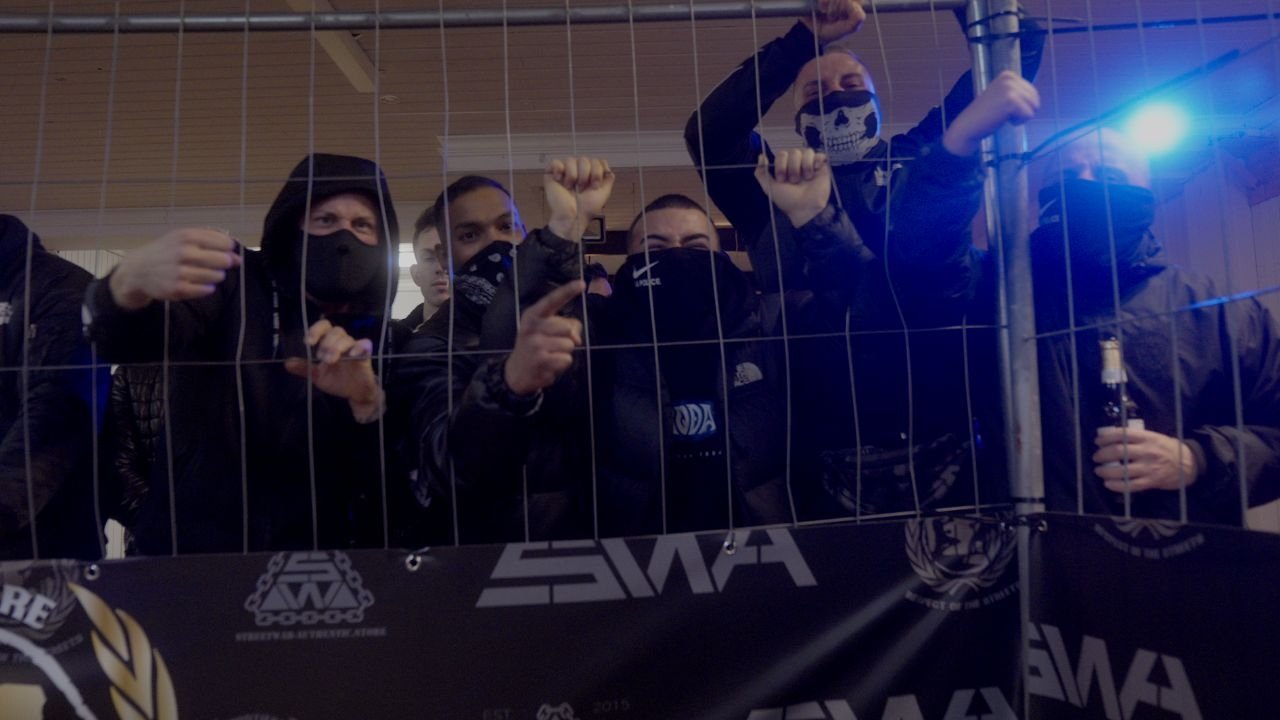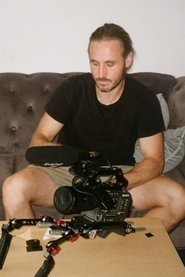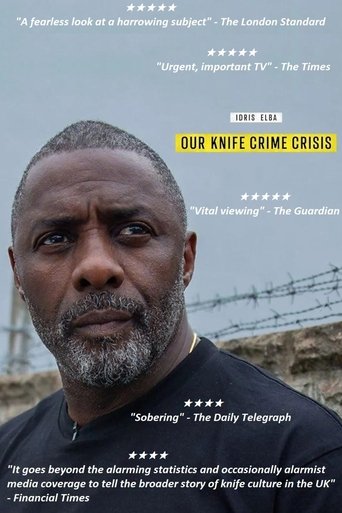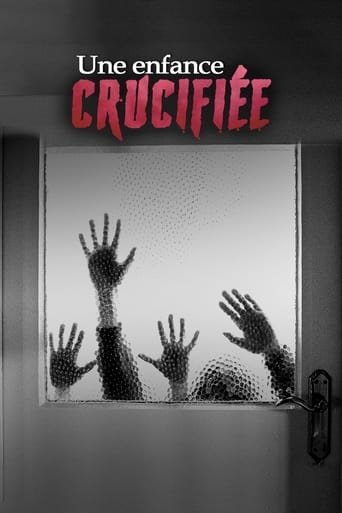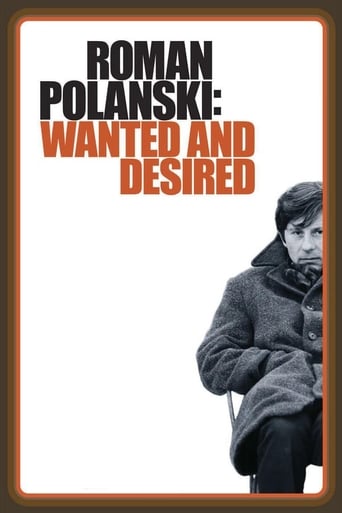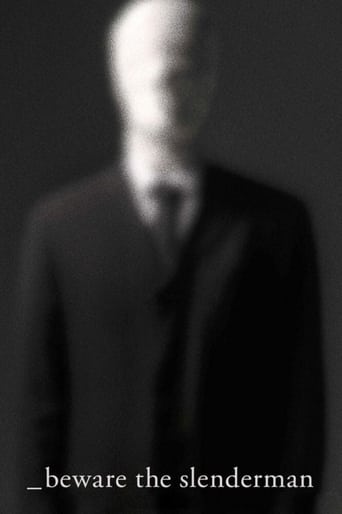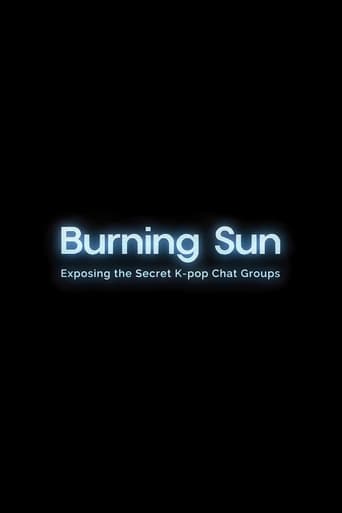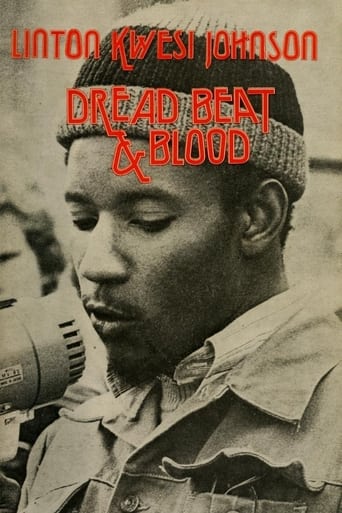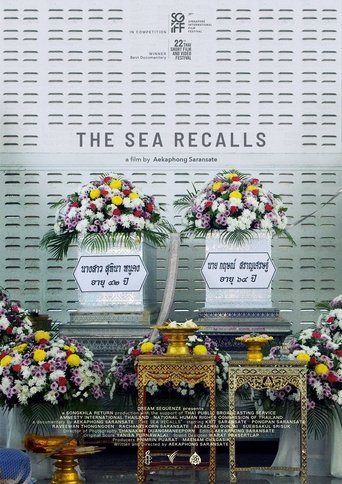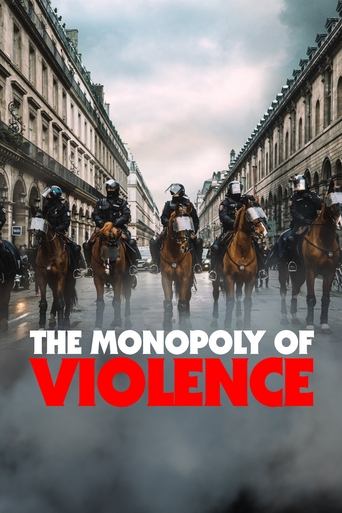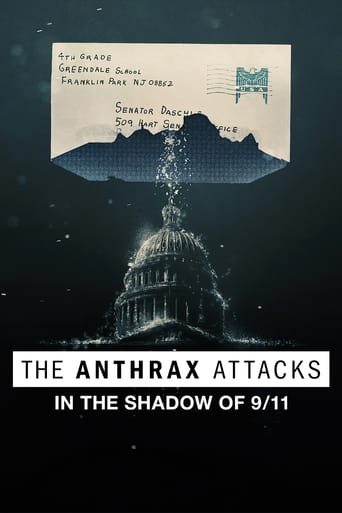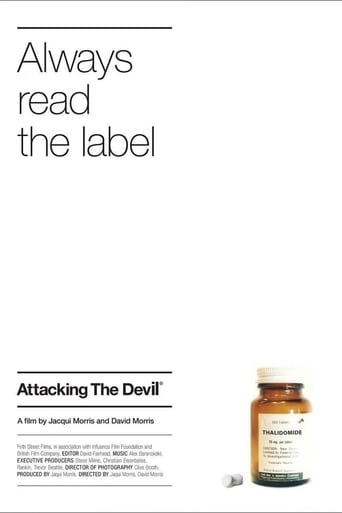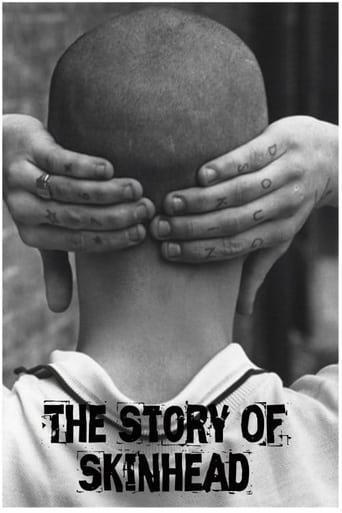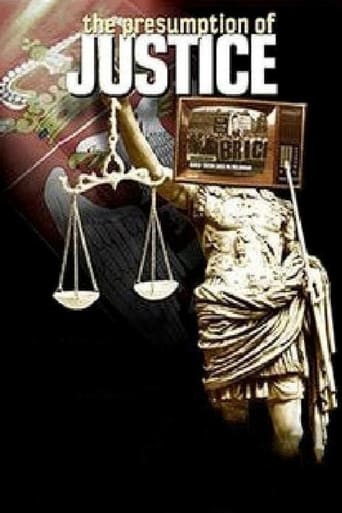
01 Jun 2012

The Presumption of Justice
Through the socio-political overview of the problematic structure of fan clubs and football supporters in Serbia, this movie focuses on a particular case of an incident involving a French citizen - football fan in Belgrade, which led to 12 young people being convicted to 240 years of prison. One of them is Stefan Velickovic. This is the story about the man who became a part of a huge political scandal, and his right to defend himself. As someone who has not even been at the spot of the incident, he has been pronounced guilty of a crime. What are the interests and intentions for making Stefan a scapegoat?
